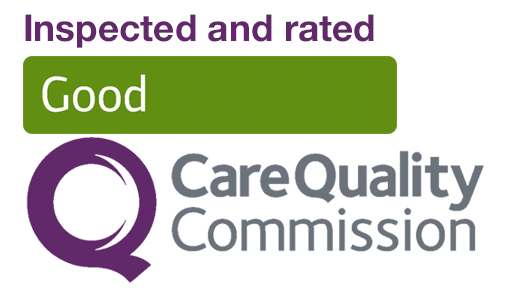Some of your unborn child’s DNA is already floating around in your bloodstream. A simple blood screening named Non-Invasive Prenatal Testing (NIPT) is all that is required to analyze the baby’s risk for several genetic abnormalities, such as trisomy, Down’s syndrome, autism, etc. This blog will help you learn more about these NIPT blood tests.
What is non-invasive prenatal testing (NIPT)?
The non-invasive prenatal testing (NIPT) method determines if you are at a higher risk of having a child with a genetic condition by analyzing DNA from your baby’s placenta in a blood sample. However, a screening test like NIPT can only tell you how likely your kid is to have a chromosomal issue.
Your doctor can use the results of a NIPT screening to make further decisions. These tests accurately determine if a child has a chromosomal problem by analyzing their genetic material taken from the amniotic fluid or placenta.
How is NIPT done?
It is risk-free for you and your unborn child to undergo a non-invasive prenatal test (NIPT), which consists of a brief blood draw using a needle and syringe. The sample taken from you is transported to a laboratory, where a specialist will examine the DNA in your blood for any indications of abnormalities.
After the results of your NIPT have been obtained, your doctor will most likely combine these with the findings from your first-trimester ultrasound or nuchal translucency screening to evaluate whether or not more testing is required.
Following up with amniocentesis or CVS to confirm the result and look for any abnormalities that NIPTs can’t identify may be something your doctor recommends depending on the initial test findings.
How accurate are NIPT tests?
As a general rule, the result is 99% correct because it has been observed that the condition affects less than 1% of all children born. In addition to the NIPT, it is strongly recommended to carry out a diagnostic examination, such as an amniocentesis, to obtain an accurate result. When a problem is not present in the fetus, the NIPT will issue a result indicating a high chance of pregnancy. The NIPT is more trustworthy than more conventional screening tests.
Who needs to get done with NIPT tests?
The test is available to any pregnant woman, regardless of her age, who is interested in gaining insight into how her unborn child is developing. It is suggested that women going through any kind of pregnancy get the NIPT blood test. It is vital for doctors to recommend this test for pregnant patients in the following situations:
- Serum screening reveals a significant possibility of abnormalities
- Both partners have experienced infertility or miscarriage in the past
- Problems with chromosomes or other birth abnormalities run in the family
- The couple had a child who was born with a chromosomal abnormality
- A woman’s age is more than 30
Get done with the NIPT blood tests at Bump2Baby Scans by booking your appointment with us.


